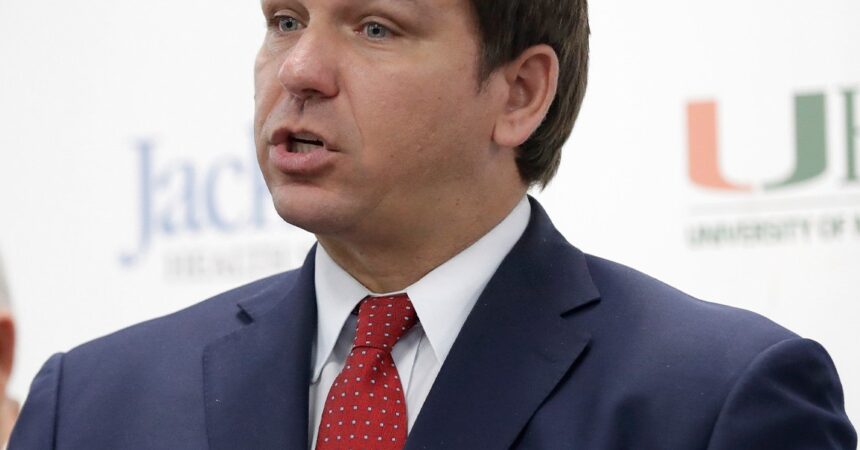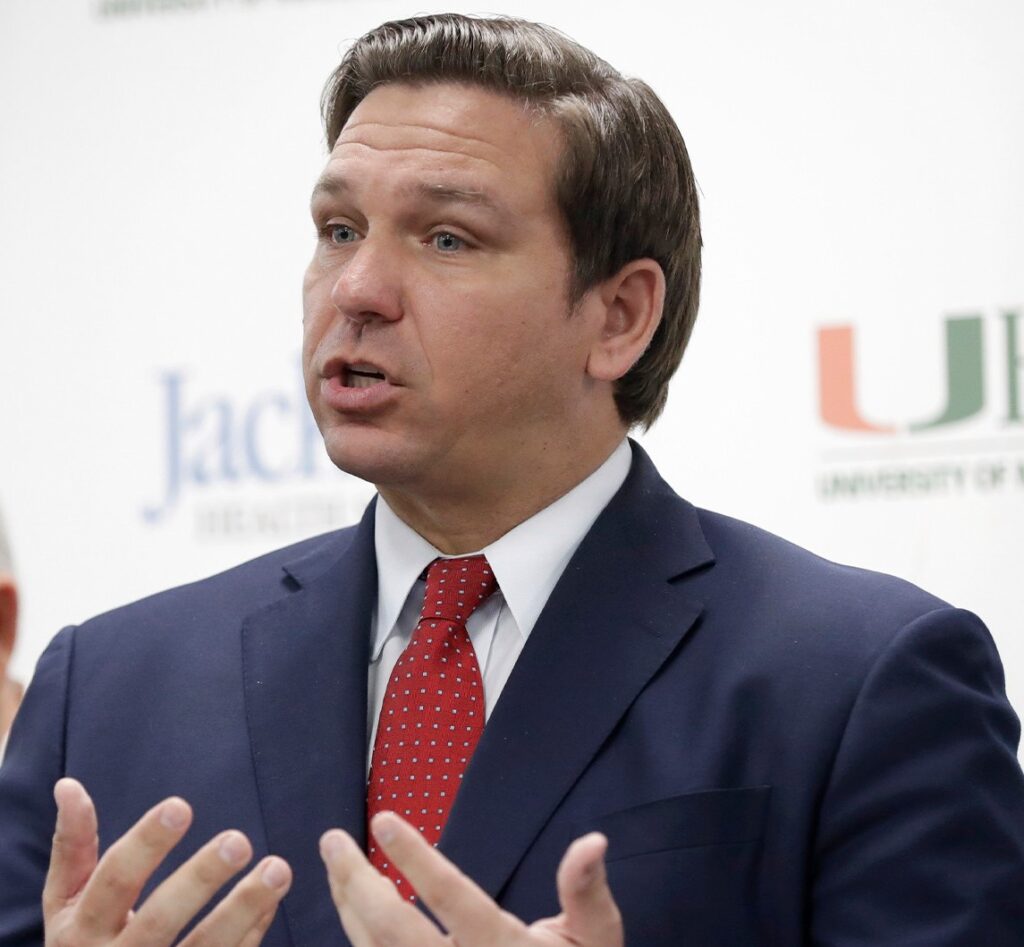
Change provides Medicaid to former foster children

By Christine Sexton
News Service of Florida
Gov. Ron DeSantis’ administration has quietly backed away from a policy that removed 1,730 former foster children from the state’s Medicaid rolls over the past six years in apparent violation of federal law.
Since January, the Department of Children and Families has waived a state policy that required all former foster children to reapply for Medicaid when they turned age 22, even though they continued to qualify for the program until they were 26 under federal law.
And in what a South Florida legal group called “particularly egregious,” the Medicaid application contained a screening question asking if people were formerly in foster care. If not properly answered, applicants were denied.
Instead of requiring former foster children to reapply for Medicaid when they turn 22, the state has manually entered their information into the system during the past four months, keeping them covered by the health-care program, according to a document filed by the department in the Legislature and obtained by The News Service of Florida.
Florida Health Justice Project attorney Katy DeBriere told the News Service the move is “a big, positive change for a very vulnerable group of Floridians.”
The move surfaced because the Legislature is tackling thorny issues such as reforming the state’s foster care system and providing access to mental health and substance abuse services.
As part of that, lawmakers are considering a proposal that addresses Medicaid coverage for former foster children, bringing Florida in line with the federal Affordable Care Act.
A House health care panel last week voted unanimously to approve a bill (HB 1071) that would require the Department of Children and Families to find former foster children and enroll them in Medicaid. If the state found everyone who was eligible, it would cost an estimated $7.8 million in state and federal money to provide benefits to them.
A legislative analysis of the House bill did not provide an estimate of what the ongoing annual costs of the change would be, just saying the bill would have a “significant, negative recurring fiscal impact to the Medicaid program.”
The bill also would change Florida law to comply with federal law and make clear that former foster children qualify for Medicaid to age 26.
The bill has received near-unanimous support from two House panels. The Senate is considering similar legislation.
The reversal of state Medicaid policy and the proposed legislation came after the Miami-based Florida Health Justice Project sent a demand letter to the DeSantis administration in May 2020 threatening to take the state to court if it didn’t change the policy.
Under Florida law, former foster children qualify for Medicaid benefits up to age 21 under the federal Social Security Act. But the federal Affordable Care Act, better known as Obamacare, established a new Medicaid eligibility category for former foster children to age 26.
Federal law requires states to ensure that people who no longer qualify for Medicaid benefits under one eligibility category are checked to see if they may qualify under a different part of the program before they are removed. The requirement is known as an ex-parte review, and Florida health care officials didn’t abide by it, Florida Health Justice Project argued in its letter to the state.
“Given that these youth have been under DCF’s extended supervision, it is presumable that DCF possesses all the information needed to continue Medicaid eligibility for former foster care youth. As such, DCF should simply continue the eligible youth’s Medicaid eligibility …” DeBriere wrote in the letter.
Additionally, DeBriere and other Florida Health Justice Project attorneys said the single question asking whether applicants were formerly in foster care was “particularly egregious” and that it likely violated federal due-process laws.
DeBriere wrote to the state on behalf of a 22-year-old client and former foster child who lost her Medicaid coverage after she turned 21. Without Medicaid, DeBriere wrote, the client “has been unable to access health care services which are particularly critical given her recent release from the (Florida Department of Corrections).”
While the Department of Children and Families maintains that the state policy resulted in 1,730 adults being dropped from the program over the past six years, it is not clear how many former foster children who aged out successfully reapplied to Medicaid.
The Department of Children and Families did not immediately respond to a News Service request for the information.







